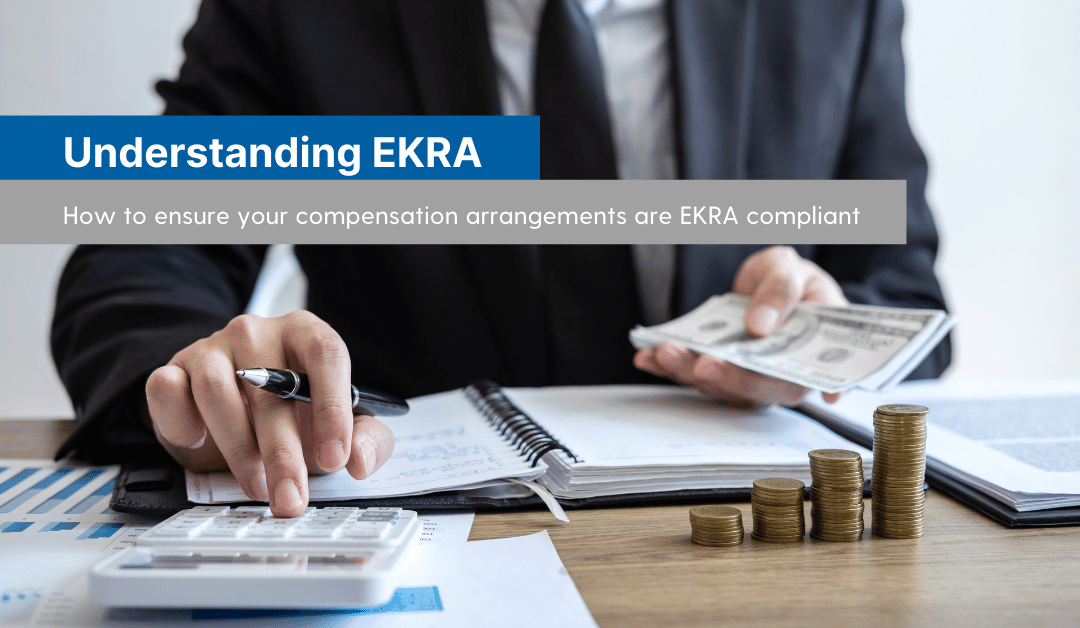Although the Eliminating Kickbacks in Recovery Act (EKRA) was first put into effect in 2018, there has been significant uncertainty concerning how the beefed-up anti-kickback rule will be applied as the Covid-19 Public Health Emergency winds down. With the DOJ now ramping up enforcement actions as the country returns to normal, clinical labs should be taking steps to ensure their compensation and marketing arrangements don’t run afoul of EKRA, which bars traditional volume- and value-based payment structures for employees.
With that in mind, the question every lab seems to be asking themselves right now is how they can avoid becoming one of the next targets of legal enforcement under EKRA.
History of EKRA
In late 2018, Congress signed off on The Substance Use-Disorder Prevention that Promotes Opioid Recovery and Treatment (SUPPORT) for Patients and Communities Act (the “SUPPORT Act”), in an effort to end “patient brokering” by bad actors at some recovery homes, toxicology labs and treatment facilities. However, a late edition to the law, the Eliminating Kickbacks in Recovery Act (EKRA), significantly altered and restricted the ways in which all clinical labs can compensate employees.
While most within the industry are aware that the federal Anti-Kickback statute (AKS) prevents labs from compensating third-party contractors based on productivity measures such as referrals, these arrangements were previously protected through a safe harbor exemption for “bona fide” employees. Under EKRA, that safe harbor has been eliminated, meaning any clinical lab compensating employees, such as sales and marketing staff, through a productivity-based agreement could be viewed to be in violation of the act.
Although this was likely intended to apply solely to toxicology labs connected to the business of addiction recovery, broad language included in the act expanded the laboratory definition to such an extent that it has been reasonably interpreted to apply to ALL clinical labs. Furthermore, the act is much broader than existing AKS rules in that it applies to services paid for by any payer.
Ensuring your compensation arrangements are compliant
Specifically, employees and contractors are now barred from being compensated on the following metrics:
1. The number of referrals to the facility, as accounted for by either number or patients or number of tests; and
2. The amount billed and/or collected as payment for the patients and/or services referred from a health care benefit program.
Violators are subject to up to 10 years in prison and up to a $200,000 fine, per violation. If caught, everyone who benefited from the arrangement could be found to be in violation, including the sales representative, lab owner and even the physician.
So, what recourse do labs operating under these arrangements have? For starters, a number of organizations have lobbied in the ensuing years to alter the broad language that marks all clinical labs for inclusion under the act, although no changes appear imminent. In the meantime, it may be wise to review your current financial arrangements in an effort to not be in flagrant violation of EKRA.
You may consider raising the salaries of your sales or marketing staff once annually, or creating other performance-based metrics that don’t pertain to referrals, tests or a percentage of profit generated. However, as you consider these metrics, it would be wise to remember not to get too cute in an attempt to skirt the letter of the law.
If you feel these revisions require review of any of your financial arrangements that are subject to the federal Anti-Kickback Law or the Eliminating Kickbacks in Recovery Act, please don’t hesitate to reach out to us to discuss your options moving forward.
